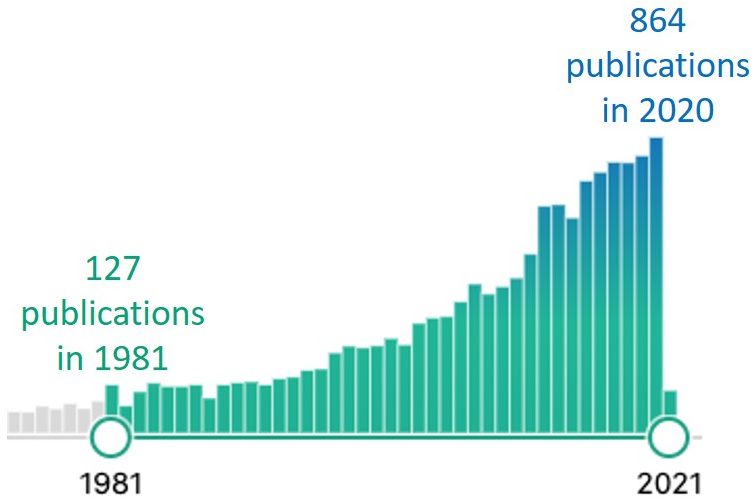February 3, 2021, by Adele Horobin
Research to improve tinnitus – are we getting there?

Professor David Baguley
When I started working in the tinnitus field, there were very few colleagues (and most of those soon became competitors!) Discovering that so little was known about tinnitus amongst professionals feels to me a bit like finding a music band, or a writer, who no-one else has yet found and realising this will define something profound for me: seeing Joy Division many times in 1979/early 1980 as they supported Buzzcocks (my favourites at the time) on tour around the UK, meeting them, understanding that something special was going on.
Something special is going on in the world of tinnitus research now. Decades of teaching, from colleagues and I in Otology, Audiology, and Psychology, have resulted in a new generation of researchers who are now releasing a tumult of research papers. In Tinnitus Week 2021 I am tweeting each day about a paper released this year that has excited me, or raised my hope, and I am truly spoilt for choice. 
Bar graph showing the increase in publication of tinnitus research papers over the last 40 years (numbers taken from PubMed – free search engine accessing over 30 million citations for biomedical literature from MEDLINE, life science journals, and online books).
But, and this is a moment to pause – is that work raising the prospects for improving and developing new treatments for tinnitus, perhaps even a cure? I hope so. But effective translational research, where knowledge gained is used to improve health, speaks to the need for academia to work with clinicians and patients to deliver better outcomes. Are we there with tinnitus? Clearly, not yet. Is this where we earnestly, urgently, desire to be? Yes.
Follow me on Twitter at: @DrDavidBaguley

Hello.Could I ask if any evaluation of the new tinnitus treatments offered by Lenire in Ireland and The Tinnitus Clinic in mainland Britain. ? Perhaps some research funds could be spent on evaluating these private treatments.
Hi Victor,
We are looking into neuromodulation. If you want to be informed of opportunities to take part in our tinnitus research, you can join our participant database at: https://tinyurl.com/y6klr9uw. Thank you.